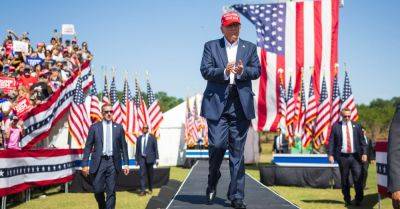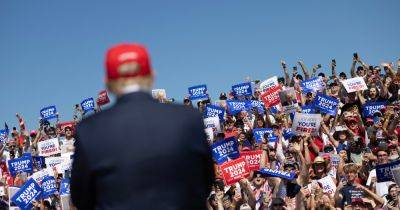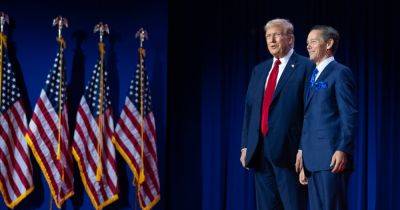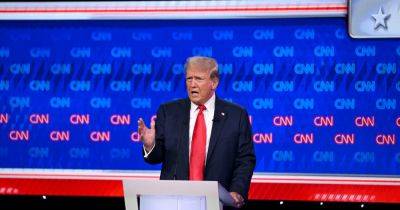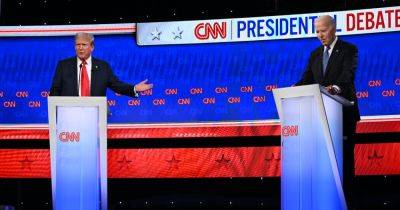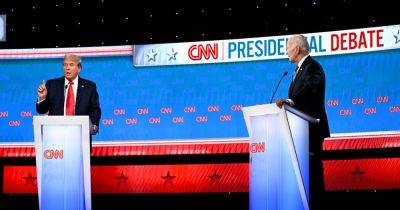Trump Eyes Bigger Trade War in Second Term
In March 2018, a day after announcing sweeping tariffs on metals imported from America’s allies and adversaries alike, President Donald J. Trump took to social media to share one of his central economic philosophies: “Trade wars are good, and easy to win.”
As president, Mr. Trump presided over the biggest increase in U.S. tariffs since the Great Depression, hitting China, Canada, the European Union, Mexico, India and other governments with stiff levies. They hit back, imposing tariffs on American soybeans, whiskey, orange juice and motorcycles. U.S. agricultural exports plummeted, prompting Mr. Trump to send $23 billion to farmers to help offset losses.
Now, as he runs for president again, Mr. Trump is promising to ratchet up his trade war to a much greater degree. He has proposed “universal baseline tariffs on most foreign products,” including higher levies on certain countries that devalue their currency. In interviews, he has floated plans for a 10 percent tariff on most imports and a tariff of 60 percent or more on Chinese goods. He has also posited cutting the federal income tax and relying on tariffs for revenue instead.
Mr. Trump, who once proclaimed himself “Tariff Man,” has long argued that tariffs would boost American factories, end the gap between what America imported and what it exported and increase American jobs.
His first round of levies hit more than $400 billion worth of imports, including steel, solar panels, washing machines and Chinese goods like smart watches, chemicals, bicycle helmets and motors. His rationale was that import taxes would revive American manufacturing, reduce reliance on foreign goods and allow U.S. companies to better compete against cheap products from China and other countries.
Econo


